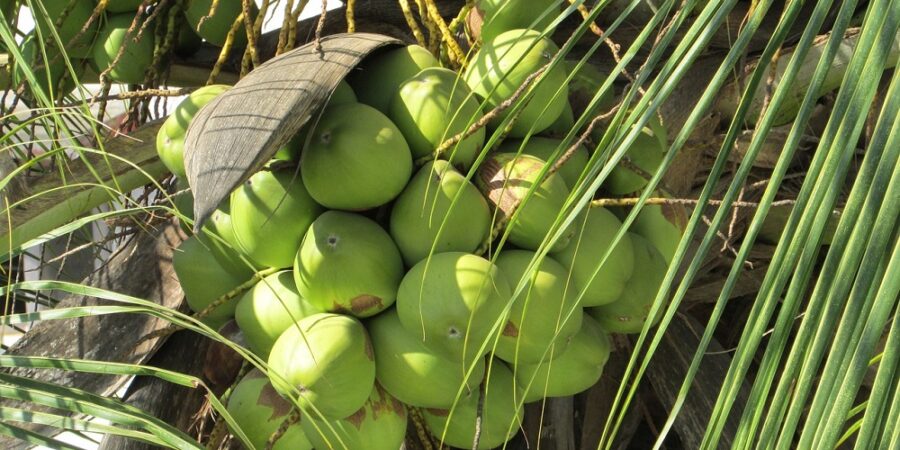This objective is achieved through the actions of several technical working groups. The Regional Pest Prioritization (RPPL) Technical Working Group is a sub working groups of the Safeguarding Technical Working Group.
This is a group of experts comprising of prominent scientists attached to various Ministries of Agriculture form several member states of Ghana. The scientific disciplines represented include: entomology, crop pathology (bacteriology, mycology, virology) nematology, malacology, acarology and weed sciences.
Prioritized pests
Prior to the meeting the above mention experts examined the prioritized list of quarantine pests from nine Member States that completed the compilation of their respective national pest lists of quarantine importance.
This is a list of pest and diseases that are not yet present in the country but if they enter they will cause significant damage to the major crop plants produced as well as in some instance native plants.
These are also referred to as Invasive Species. The experts then looked at various species within their respective disciplines that are present in the region’s major trading partners
This compilation was over 100 crop pest and diseases that are either not present in the region or present in limited distribution. This compiled list was then analyzed using the Objective Prioritization of Exotic Pest (OPEP) model.
This model reliably predicts the probability that a pest based on its behavior in other areas with similar climates will have a high negative impact on crop production as well as local plants. This analysis resulted in the short listing of 30 high impact regional quarantine pests.
Mitigation measures
The most cost-effective strategy to managing pest and diseases is preventing their entry into the region in the first place. Once they enter the region excluding them from our respective countries is then of paramount importance.
The resources need to conduct this surveillance for a wider range of pest and diseases can run into the millions for each country, hence focusing the limited resources on the pests and diseases that can cause the most damage to the wider region is the smart choice.

Leave a Reply